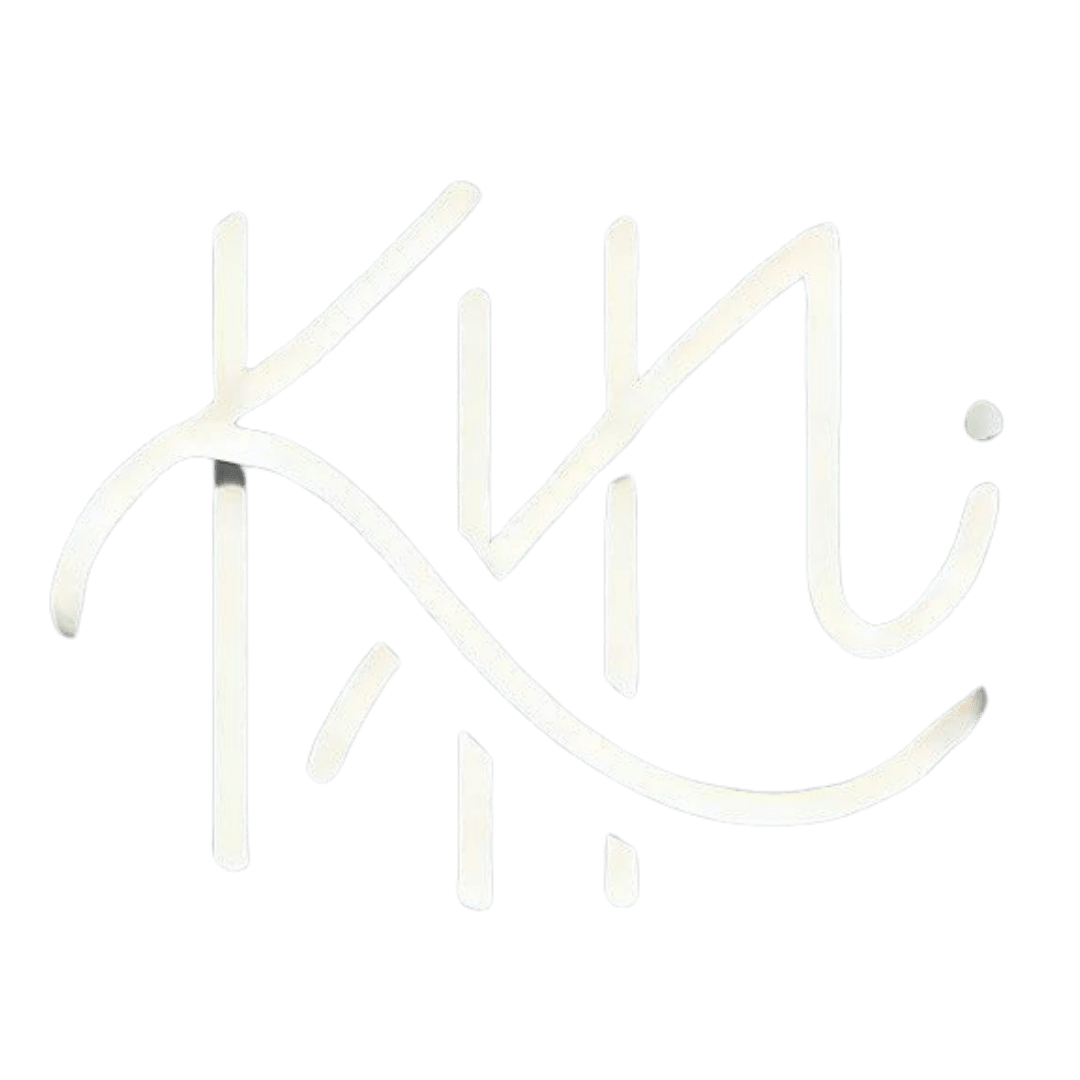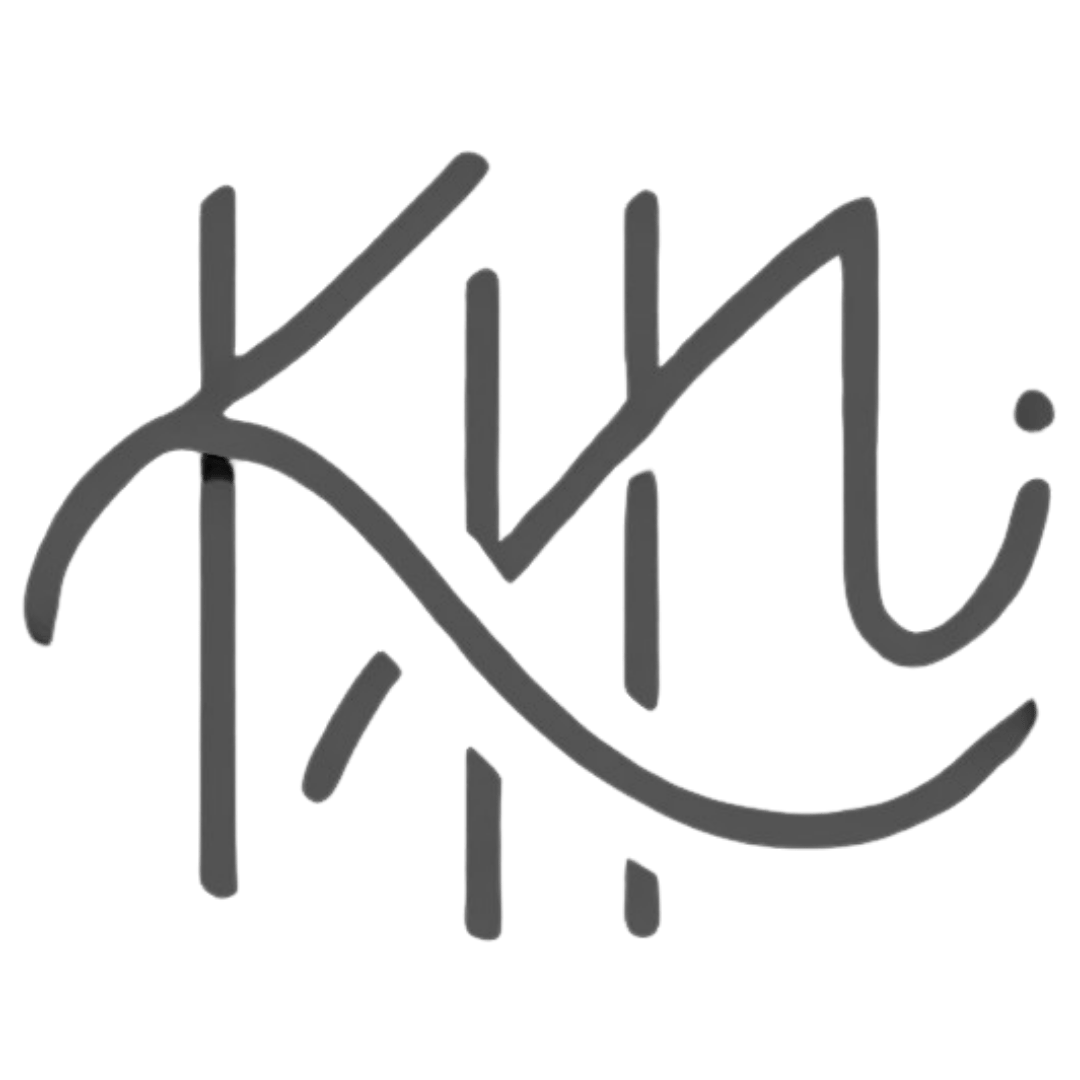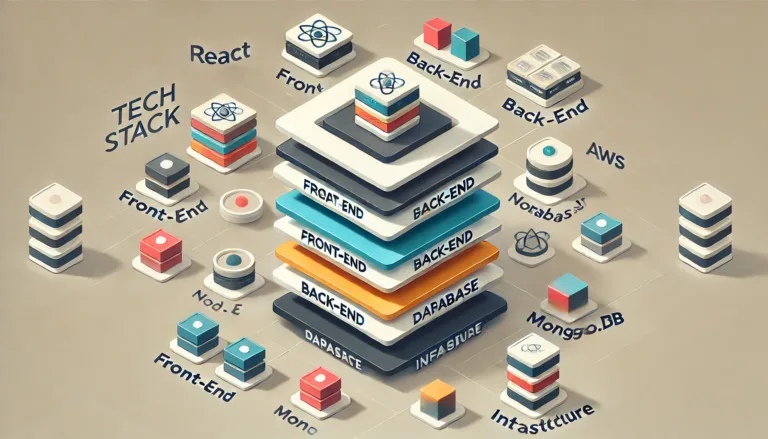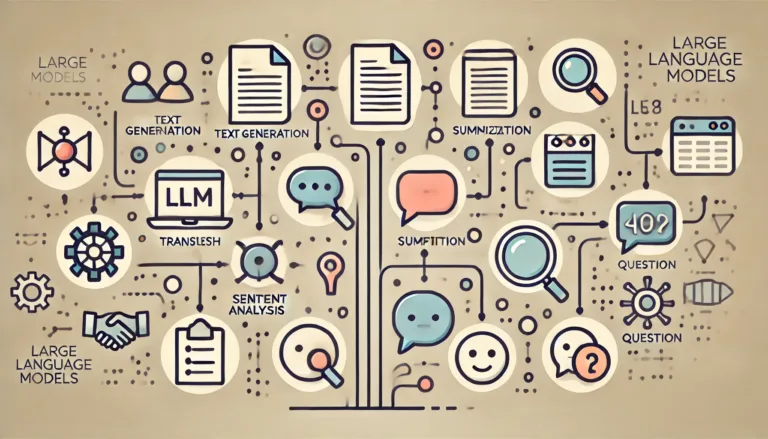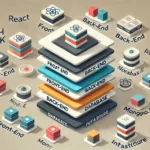Mastering Coding Basics
Starting out with coding? No worries! Let’s break it down, step by step, making it easy to get the hang of the basics.
Programming Languages Snapshot
In coding, there are tons of languages out there, each with its own quirks. For newbies, certain ones are simpler and more popular. Picking the right starter languages can make learning a lot smoother.
- HTML: The bread and butter of the web. It’s what makes up the structure of web pages—think of it as the skeleton that holds everything in place.
- CSS: The sidekick to HTML. While HTML sets up the structure, CSS makes it look good. It’s what controls the design—colors, layouts, fonts, all the fun stuff.
- Python: Known for being readable and straightforward. Python’s like the friendly dog of programming languages—loyal and versatile, great for everything from building websites to crunching numbers.
- JavaScript: The secret sauce that adds pop to web pages. If you want your site to be interactive, this is your go-to. And it’s not just a front-end superstar—it’s got server-side skills with Node.js too.
- SQL: This one’s all about the databases. Knowing SQL means you can manage and mess around with data like a pro, and it’s crucial in industries like finance and healthcare.
| Language | What It Does |
|---|---|
| HTML | Sets up web content |
| CSS | Styles up content |
| Python | Versatile, easy to learn |
| JavaScript | Adds interactivity to web pages |
| SQL | Manages databases |
Need more info? Check out our beginner coding tutorials.
Why Bother with the Basics?
Mastering the foundational languages is super important. Here’s why starting with these can give you a solid kick-off:
- Getting the Groundwork: HTML and CSS are the building blocks. Without them, you’d be stuck on the starting line, unable to get a basic webpage off the ground.
- Flexibility: Python and JavaScript are like Swiss Army knives. They’re useful in a ton of different scenarios, from making websites to crunching massive data sets.
- High Demand: Industries are always on the lookout for people who know SQL—think banks, hospitals, and tech companies. Knowing SQL can seriously boost your job prospects.
- Easy to Learn: These languages are built with beginners in mind. Their straightforward syntax makes getting started a breeze.
| Language | Industry Relevance |
|---|---|
| HTML/CSS | Foundation of Web Development |
| Python | From AI to Web |
| JavaScript | From Websites to Servers |
| SQL | Key for Data Jobs |
Want to dive deeper into these languages? Our detailed guides will help you get even more out of your coding journey. And if you’re keen on leveling up, check out our tips on boosting your coding skills.
Happy coding!
Best Coding Languages for Beginners
Starting out in coding can feel like diving into a huge ocean, but choosing the right language can make it easier. Let’s break down some ideal coding languages for beginners: HTML and CSS, Python and JavaScript, and SQL and Java.
HTML and CSS
HTML and CSS are like Lego blocks for building websites. They’re often the first stop for newbie coders because they are straightforward and essential for web development.
HTML (HyperText Markup Language) is your go-to for displaying text and images on web pages. It’s got a simple structure, and you can get the hang of it pretty quickly (App Academy).
CSS (Cascading Style Sheets) handles the look-and-feel part—like colors, fonts, and layouts. It’s a perfect buddy for HTML and is an integral part of crafting visually appealing web pages (App Academy).
| Feature | HTML | CSS |
|---|---|---|
| Complexity | Easy | Easy |
| Purpose | Structure | Styling |
| Learning Time | Few months | Few months |
Python and JavaScript
Python is the friendly giant of the coding world. Its clear-cut syntax makes it a top pick for beginners. Python is the jack-of-all-trades language, used in web development, data science, and even video games. Heavy-hitters like Instagram, Netflix, and Spotify rely on it (App Academy).
JavaScript is all about making web pages interactive. It’s a must-know for front-end development and works seamlessly with HTML and CSS.
| Feature | Python | JavaScript |
|---|---|---|
| Complexity | Simple | Easy to moderate |
| Use | Backend, Data Science | Front-end |
| Fields | Web, AI, Data | Web, Mobile Apps |
SQL and Java
SQL (Structured Query Language) deals with databases. It’s the language of choice for managing and querying data in fields like finance, healthcare, and social media (App Academy).
Java is the versatile workhorse of the coding world, often used for building complex applications. Its portability and reliability make it a favorite among both newbies and veteran coders.
| Feature | SQL | Java |
|---|---|---|
| Complexity | Easy | Moderate |
| Use | Data management | App development |
| Fields | Finance, Healthcare | Enterprise apps |
Learning these languages will give you a strong start in coding. For more in-depth guides, check out our coding tutorials for beginners. Also, dive into our best programming languages to learn for further insights.
Online Resources for Learning Coding
Learning to code is like unlocking a golden ticket to the future. Tons of online resources are available to help beginners get started. Here’s a rundown of some top-notch courses on Codecademy, Udemy, Coursera, and Google Professional Certificates.
Codecademy and Udemy Courses
Codecademy is the go-to spot for interactive and beginner-friendly courses. Their JavaScript course is super popular, offering 12 lessons and 12 projects, giving you hands-on experience with the language. If you learn best by doing, Codecademy’s got your back.
Udemy also shines with its diverse lineup of coding courses. Some top picks are:
- Master the Basics of HTML5 & CSS3: This 3-hour course teaches you to build a website from the ground up using HTML and CSS.
- Learn Python 3 From Scratch: In just 2 hours, this course will have you coding in Python.
- Beginner PHP and MySQL Tutorial: Covering 10.5 hours and 156 lectures, this course dives deep into web development skills.
Both Codecademy and Udemy offer straightforward, practical ways to jumpstart your coding journey.
| Course Name | Platform | Duration |
|---|---|---|
| JavaScript Course | Codecademy | Variable |
| HTML5 & CSS3 Basics | Udemy | 3 hours |
| Learn Python 3 From Scratch | Udemy | 2 hours |
| PHP and MySQL Tutorial | Udemy | 10.5 hours |
Coursera Specializations
Coursera takes it up a notch with specializations. These are sets of courses designed to give you a robust foundation in coding. One standout is Google’s “Crash Course on Python,” covering everything from basic programming to data structures. With a rating of 4.8 stars from 37,000 reviews, you know it’s solid.
Most Coursera specializations end with a capstone project, allowing you to put your new skills into practice. Whether you’re interested in web development, data science, or software engineering, Coursera has a pathway for you.
Want more options? Head over to our coding tutorials for beginners.
Google Professional Certificates
Google’s professional certificates are game-changers. These courses offer practical, industry-relevant knowledge that covers programming languages, data analysis, and IT support.
One hot pick is the “Google IT Support Professional Certificate.” While it’s not solely focused on coding, it gives a thorough intro to key IT concepts like network protocols and cloud computing—perfect for anyone eyeing a tech career.
Plus, these certificates look great on a resume, showing employers that you’re committed to learning and growing.
Want to step up your coding game? Check out our article on how to improve coding skills.
By tapping into the resources from Codecademy, Udemy, Coursera, and Google, you’ll be well on your way to mastering coding. Each platform offers something unique, so you can build a solid foundation for an exciting career in programming.
Free Coding Courses for Beginners
So, you’re itching to get into coding without emptying your pockets? Perfect! Here’s a curated list of free resources to kickstart your coding journey. Let’s dive in.
HarvardX and MIT OpenCourseWare
One star player in the free coding arena is HarvardX’s “CS50’s Introduction to Computer Science.” Packed with lessons on algorithmic thinking and problem-solving, it covers languages like C, Python, SQL, JavaScript, CSS, and HTML. Designed for total newbies and seasoned geeks alike, it’s a fantastic jumping-off point.
Meanwhile, MIT OpenCourseWare brings a treasure trove of Python programming courses for folks at different skill levels. Whether you’re clueless or clued-in, there’s something here for you.
Quick rundown:
| Platform | Course Name | Main Topics | Languages Covered |
|---|---|---|---|
| HarvardX | CS50’s Introduction to Computer Science | Algorithmic Thinking, Problem-Solving Skills | C, Python, SQL, JavaScript, CSS, HTML |
| MIT OpenCourseWare | Assorted Python Courses | Programming Concepts from Basic to Wow | Python |
The Odin Project and CS50
The Odin Project is like a buffet of full-stack web development goodies. It’s all free, supported by an open-source community, and lets you build portfolio-worthy projects. Plus, the community support is golden!
And yep, HarvardX’s CS50 makes another appearance here. Its detailed curriculum is seriously hard to beat.
Khan Academy and Springboard
If you want to ease into things, Khan Academy’s got your back. It dishes out programming basics and interactive coding exercises that’ll get you started without frying your brain.
Springboard, usually known for its paid programs, also offers some sweet free courses. They range across various beginner-friendly topics.
Breakdown of free stuff:
| Platform | Course Highlights |
|---|---|
| Khan Academy | Basic Programming, Interactive Coding Exercises |
| Springboard | Free Courses on Varied Topics |
These resources are a solid stepping stone into the coding universe without costing a penny. Dive into these platforms and start your coding adventure today. And don’t forget to check out more coding tutorials for beginners and the best programming languages to learn to keep boosting your skills.
Paid Coding Programs
When jumping into paid coding programs, you’ll find a variety of options offering top-notch education. Whether you go for Noble Desktop Bootcamps or university certificate programs, both can seriously amp up your coding game.
Noble Desktop Bootcamps
Noble Desktop dishes out many bootcamps tailored to different career paths, making it easy to pick one that suits your interests and goals. Their Python for Data Science Bootcamp is especially good for aspiring data scientists. This bootcamp covers skills that also come in handy for other programs like the Data Science Certificate, Python Machine Learning Bootcamp, or FinTech Bootcamp.
Why Noble Desktop Bootcamps Rock:
- Flexible Learning: Learn in-person in Manhattan or online from anywhere.
- Expert Teachers: Courses taught by pros who know their stuff.
- Free Retakes: Course didn’t sink in the first time? Retake it for free within a year.
- All-Inclusive Programs: Certificate programs cover tools like JavaScript, Python, and more (Noble Desktop).
Noble Desktop Bootcamp Highlights:
| Program | Focus Areas | Learning Mode | Cost |
|---|---|---|---|
| Software Engineering Certificate | Front End Web Development, JavaScript Frameworks, Python with Django | In-person/Online | $3,995 |
| Full-Stack Web Development Certificate | MERN stack bootcamp | In-person/Online | $3,995 |
| Python for Data Science Bootcamp | Python basics, data analysis | In-person/Online | $1,595 |
With these programs, you’re set to nail the skills you need. For more info on beginner coding programs, check out our article on coding for beginners.
University Certificate Programs
University certificate programs serve up another solid option if boosting coding skills is your game. These often bring a bit more structure and academic rigor.
Perks of University Certificate Programs:
- Big Name Recognition: A well-known school’s name on your resume is a big win.
- Thorough Curriculum: Courses dive deep, making sure you get coding down pat.
- Networking Goldmine: Mingle with classmates, professors, and alumni—hello future job leads.
Top University Certificate Programs:
| University | Program | Key Offerings | Cost |
|---|---|---|---|
| Harvard University | Computer Science for Web Programming Certificate | HTML, CSS, JavaScript, Python, Django | $1,750 |
| Stanford University | Intro to Computer Science Certificate | Python, Data Structures, Algorithms | $3,500 |
| MIT | Professional Certificate in Coding | Full-stack development, JavaScript, SQL | $2,250 |
Worried about the costs? Many universities offer financial help or scholarships. Dive deeper in our section on cost considerations in coding education.
Both Noble Desktop Bootcamps and university certificate programs provide a strong foundation for anyone wanting to rock at coding. Think about what fits your career goals and learning style best. For extra tips on boosting your coding skills, check out our guide on how to improve coding skills.
Dive into Coding Careers
So, you’re thinking about a career in coding? Well, it’s a hot ticket right now, and there’s no sign of it cooling down. The need for software wizards is skyrocketing, and there are some awesome efforts out there to level the playing field in coding education.
Software Engineers: Seriously in Demand
Got a knack for code? You’re in luck. The hunt for software engineers is blazing, with an expected boom of 25% by 2032 (Springboard). As more jobs open up, educational institutions are stepping up to offer free classes to make sure folks can snag these opportunities. Score big with beginner online coding courses.
| Year | Job Growth Zing |
|---|---|
| 2022 | 15% |
| 2027 | 20% |
| 2032 | 25% |
The buzz isn’t just in tech hubs. You’ll find software gigs popping up in healthcare, finance, and education. Everyone’s jumping on the software bandwagon.
Coding: Closing the Education Gap
Making sure everyone gets a crack at learning to code is a game-changer. Google’s been leading the charge, dropping $263 million to boost computer science education (Google Grow).
| Initiative | Cash Splash | Lucky Ducks |
|---|---|---|
| Non-Profit Boost | $90 million | Loads |
| Scholarships | $22 million | 3,200 students at 150 places |
Since 2013, Google’s been shelling out over $90 million to help out computer science non-profits. Scholarships? Yep, $22 million helping 3,200 folks from underrepresented groups. That’s a whopping impact on closing the educational gaps and opening doors to everyone interested in code.
Making coding education reachable means more people can snag these opportunities. Check out the best programming languages to learn and coding tutorials for beginners for more cool resources.
Getting everyone on board with coding isn’t just about filling jobs. It’s about shaking up the tech scene with fresh, diverse talent, fueling the next wave of software engineers.
Money Matters in Coding Education
Figuring out the cost of learning to code can feel like wading through a maze. But don’t worry, I’ve got you. Let’s break it down.
How Much Does It Cost?
Tuition fees for coding courses are all over the place. Here’s a quick look at what you might be shelling out:
| Program Type | Cost Range |
|---|---|
| Basic Online Courses | $0 – $300 |
| Intensive Bootcamps | $500 – $20,000 |
| University Certificates | $5,000 – $30,000 |
Take online medical billing and coding programs, for instance. At places like DeVry University, you’re looking at $15,934 to $20,560. These programs can get you job-ready but will burn a hole in your pocket. Certification exams, like the Certified Professional Coder (CPC) exam, will run you around $499, though students get a small discount at $475. Don’t forget the AAPC membership—$145 for students and $210 for everyone else.
Also, if you’re aiming for certification, tack on extra costs for code manuals and memberships.
Scholarships and Financial Help
Now for the good news: there are ways to soften the financial blow. Scholarships and financial aid can come to your rescue. Here are some options:
- Merit-Based Scholarships: Many coding bootcamps and universities offer these for stellar academic performance or coding potential.
- Need-Based Financial Aid: If money’s tight, grants can chop down those tuition fees.
- Employer Sponsorship: Some employers might cover your course fees if it’s related to your job. Sweet deal, right?
- Flexible Payment Plans: Spread the cost out with installment plans. It’s like layaway for your brain.
Check out these real-world examples:
| Aid Type | Examples |
|---|---|
| Scholarships | Flatiron School Scholarship, Recurse Center Grants |
| Financial Aid | FAFSA, Coding Bootcamp Scholarships |
| Employer Sponsorship | Google, Amazon tuition reimbursement programs |
| Flexible Payment Plans | Lambda School Income Share Agreements |
Getting serious about learning to code means thinking hard about money. Sure, you can start with free courses from Khan Academy or HarvardX. But if you’re aiming for the stars, paid courses might give you the push you need. Peek at some other coding tutorials for beginners to find what clicks with you.
For tips on cutting costs without cutting corners, look into coding education financial assistance. Happy coding, and may the loops be with you!
